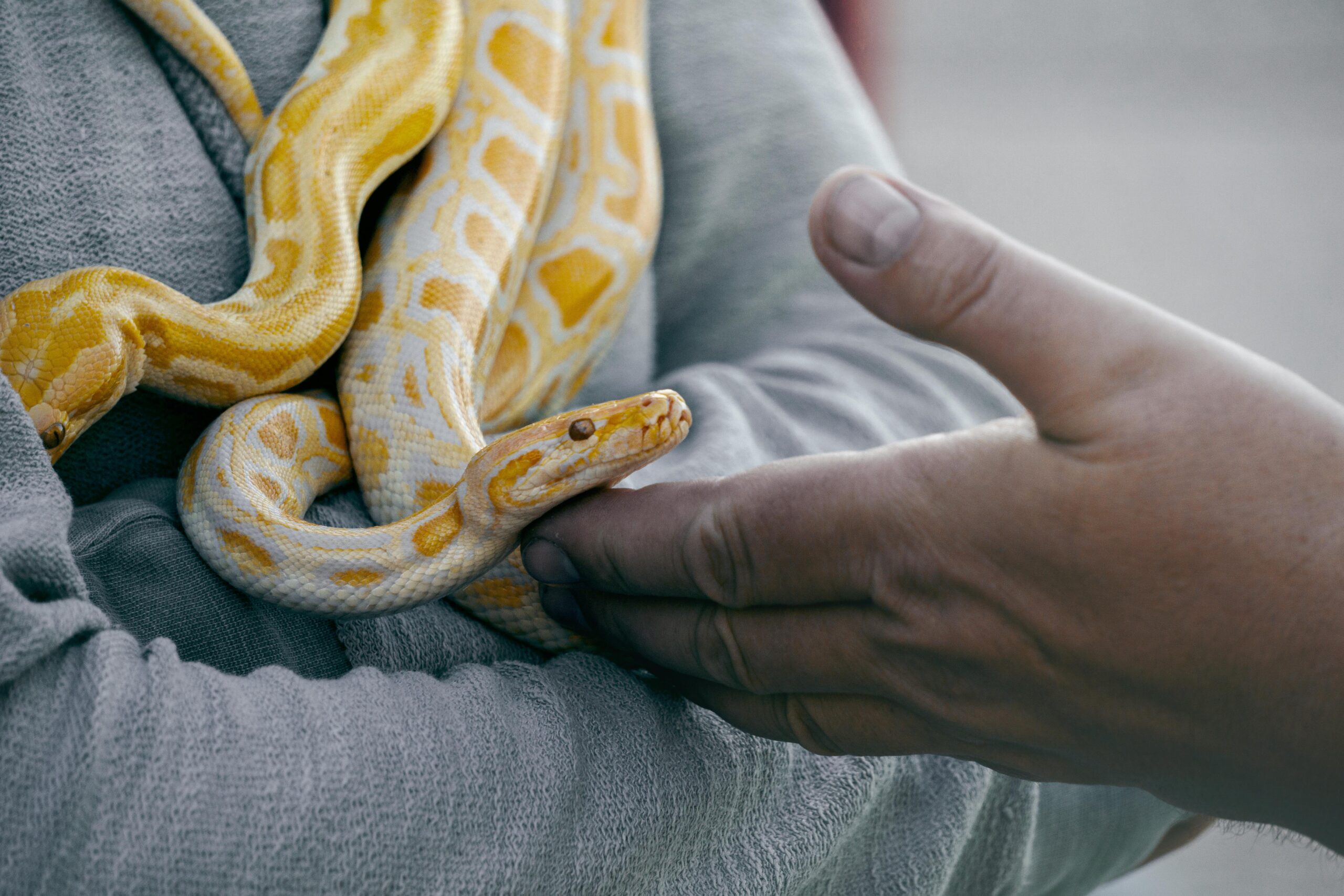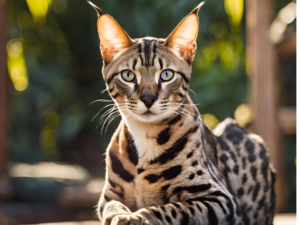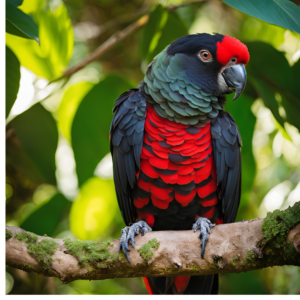Housing, Feeding, Health, and Well-Being of Your Exotic Animal
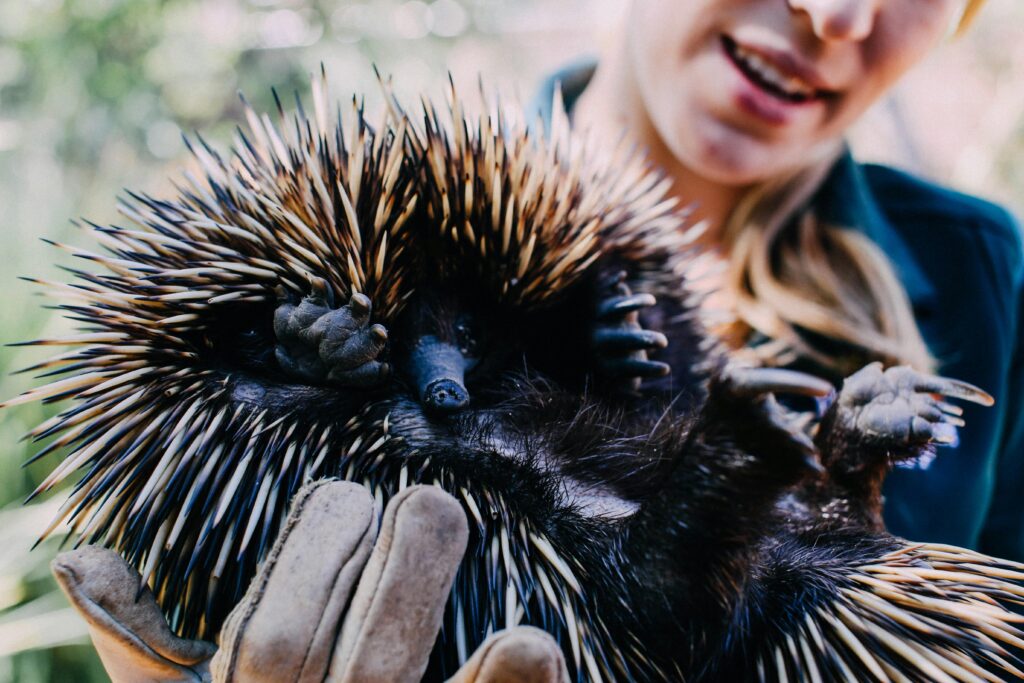
Exotic pets can make fascinating and rewarding companions, but they require specialized care to thrive. Unlike traditional pets, exotic animals often have unique needs when it comes to their housing, diet, and overall health. Owning an exotic pet means committing to providing a safe and appropriate environment, ensuring proper nutrition, and understanding the specific health challenges that might arise.
In this article, we’ll explore the essential care requirements for exotic pets, focusing on housing, feeding, health, and general well-being. Whether you’re a first-time exotic pet owner or looking to enhance your care routine, these guidelines will help you provide the best for your animal companion.
Housing for Exotic Pets
Creating a suitable living environment for an exotic pet is crucial for their well-being. These animals originate from diverse habitats, ranging from lush rainforests to dry deserts. Therefore, it’s essential to mimic their natural surroundings as closely as possible when keeping them in captivity.
Creating the Perfect Habitat
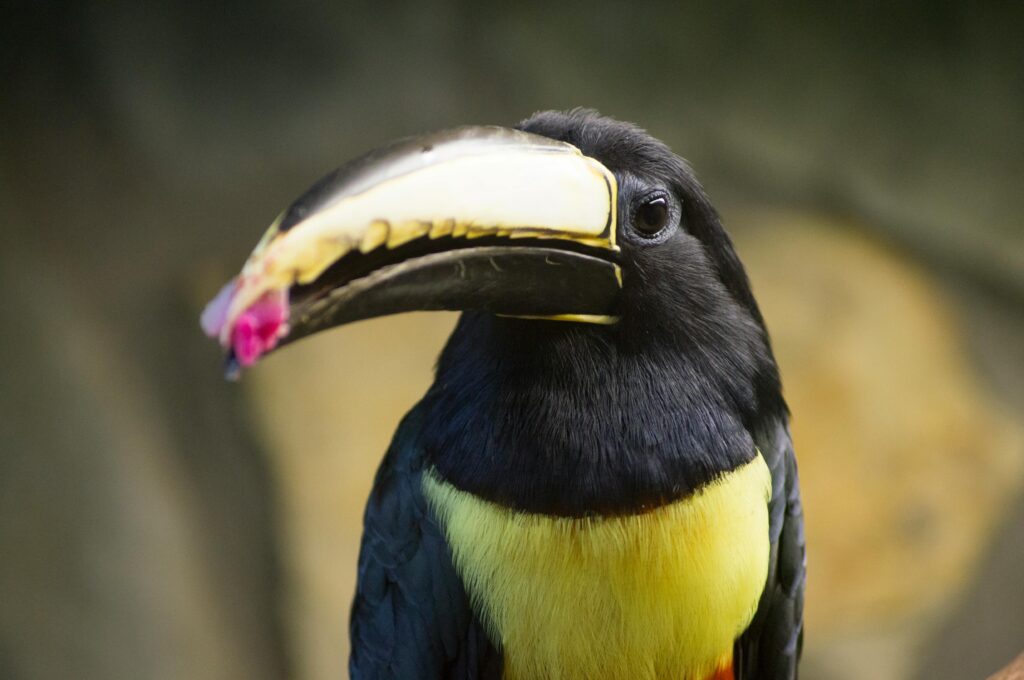
Each species has specific housing needs that vary based on their natural habitat. For reptiles, such as snakes or lizards, this often includes a terrarium with controlled humidity and temperature levels. Birds, such as parrots, require spacious cages with plenty of room to fly and exercise. Small mammals, like chinchillas or hamsters, need enclosures with hiding spots and activities to stimulate them mentally.
Providing the right substrate or bedding is also essential. For example, some reptiles need sand-like environments, while others require more moist soil-like conditions. Plants, rocks, and branches can create a more natural environment and offer places to hide or climb, mimicking the animal’s wild habitat.
Environmental Enrichment
Exotic pets can get stressed or bored if their surroundings don’t keep them entertained. Giving them toys, puzzles, or new things to explore helps keep their minds active. Changing these items or moving them around can encourage natural behaviors like foraging or climbing, which are essential for their mental well-being.
Feeding Exotic Pets
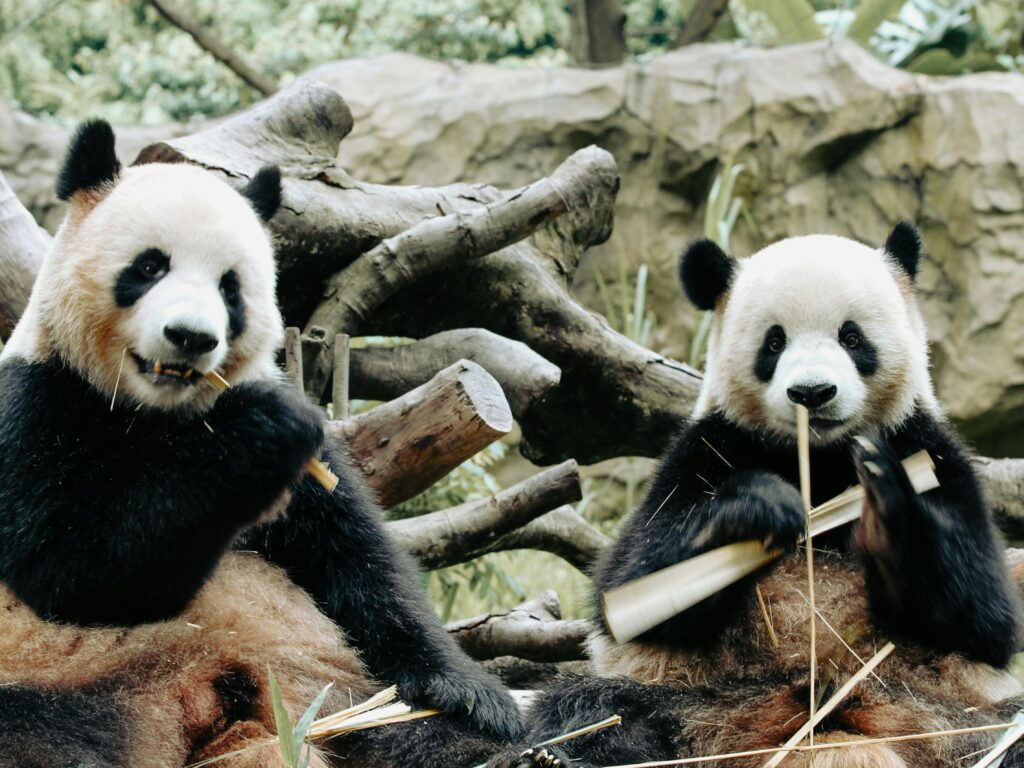
When it comes to nurturing an exotic pet, the dietary requirements can be quite intricate compared to those of more conventional pets. These unique animals necessitate a diet rich in particular nutrients, coupled with consistent feeding schedules to maintain their well-being. It’s a delicate balance to strike, ensuring these pets receive the exact nourishment they need to thrive.
Exotic pets, ranging from reptiles to birds, and even to more unusual mammals, have specific dietary needs that stem from their natural habitats and evolutionary adaptations. For instance, some reptiles may need a precise ratio of calcium to phosphorus in their diet to support shell or bone growth, while certain species of birds require a variety of seeds, fruits, and insects to mimic their diet in the wild.
The key to a healthy exotic pet is not just in the variety of food but also in the quality and consistency of the diet provided. It’s essential for pet owners to research and understand the unique needs of their exotic companions and to seek out reputable sources for their food. This ensures that the pets are not only surviving but are also leading a life full of vitality and health.
In summary, the diet of an exotic pet is a critical aspect of their care. It demands attention to detail, a commitment to understanding their specific needs, and a dedication to providing a routine that mirrors their natural feeding habits. With the right approach, exotic pet owners can ensure their beloved animals enjoy a full and healthy life.
Meeting Nutritional Needs
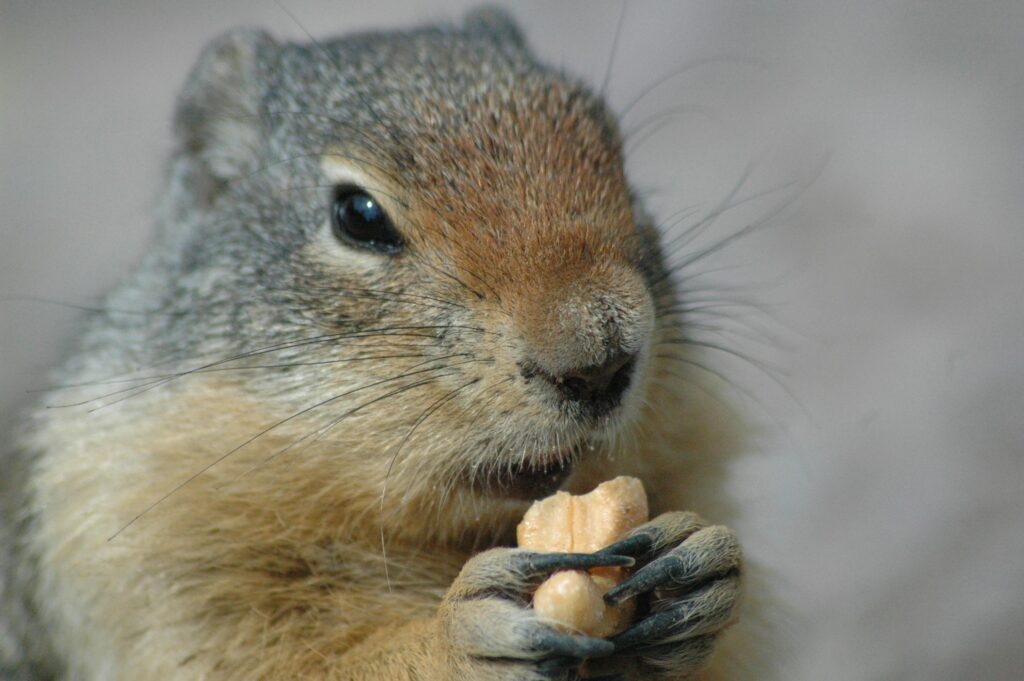
Exotic pets come with a unique set of dietary needs that vary widely across species. Take herbivores such as tortoises, for instance; they thrive on a diet abundant in leafy vegetables, fruits, and greens. On the other hand, carnivores like snakes have a diet that primarily consists of smaller prey, including rodents. Birds, with their diverse dietary requirements, often require a mix of seeds, fruits, and specially formulated pellets to stay healthy.
Ensuring these pets have access to fresh and clean water is essential. For reptiles, maintaining proper hydration and humidity levels might involve misting their habitats or providing a water dish. It’s imperative for pet owners to delve into the specific dietary needs of their exotic pets to prevent nutritional deficiencies and promote a healthy life. This tailored care is key to the well-being of these unique animals.
Avoiding Common Feeding Mistakes
Overfeeding and underfeeding are common issues that can lead to health problems in exotic pets. For instance, feeding too many sugary fruits to a herbivore can cause obesity or digestive issues. Similarly, not providing enough protein for carnivores can lead to malnutrition. Consulting with a vet who specializes in exotic animals is always a good idea to ensure your pet’s diet is balanced and meets their specific needs.
Health and Well-Being of Exotic Pets
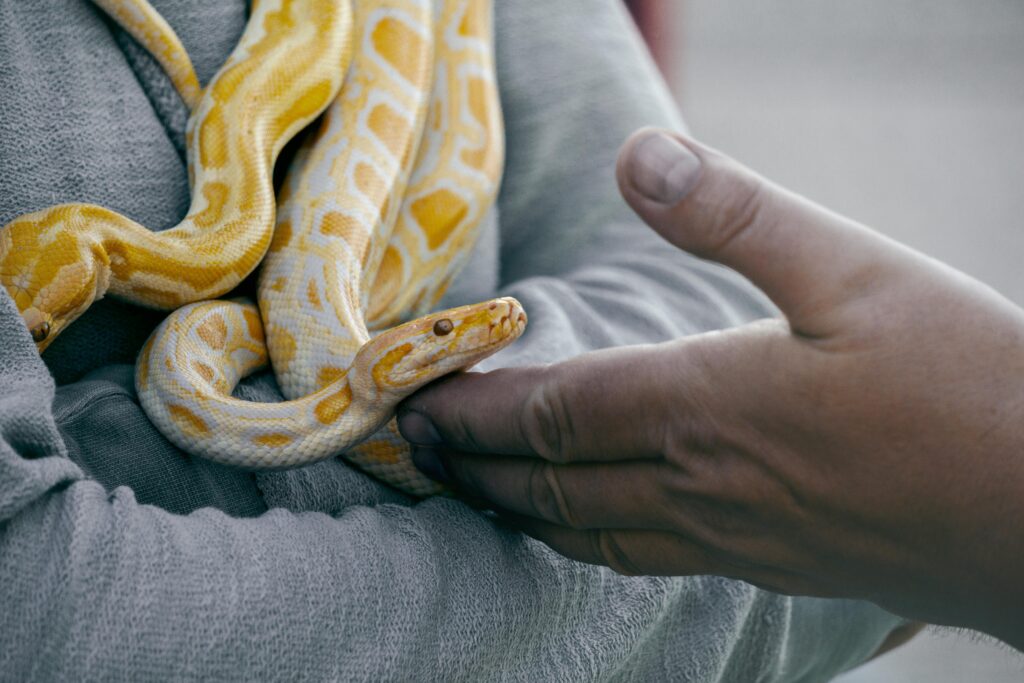
Exotic pets, with their unique allure and individualized health needs, require dedicated attention to thrive. Proactive health management is the cornerstone of nurturing a fulfilling and extended life for these extraordinary companions. By understanding and catering to their specific health requirements, we can foster a nurturing environment that allows them to flourish. It’s a commitment to their well-being that not only enriches their lives but also brings immeasurable joy to ours.
Hygiene and Cleanliness

Maintaining a clean living environment is vital for your exotic pet’s well-being. Regular cleaning of the enclosure, including changing bedding or substrate and cleaning food and water dishes, can prevent the growth of harmful bacteria and parasites. For reptiles and amphibians, cleaning the enclosure ensures proper humidity levels and prevents respiratory infections.
Proper handling is another aspect of hygiene, as exotic pets may carry bacteria such as Salmonella. Washing hands before and after handling is key to preventing the spread of germs.
Conclusion
When it comes to nurturing an exotic pet, it’s essential to grasp their unique requirements thoroughly. This involves arranging suitable living conditions and a nutritious diet, as well as securing adequate healthcare and opportunities for mental stimulation. Owners of such distinctive creatures need to be committed and knowledgeable to forge an optimal existence for their non-traditional pets. Devoting your time and energy to fulfill these necessities not only promotes the well-being and joy of your pet but also cements a profound and gratifying relationship with your extraordinary animal ally.
Pets

